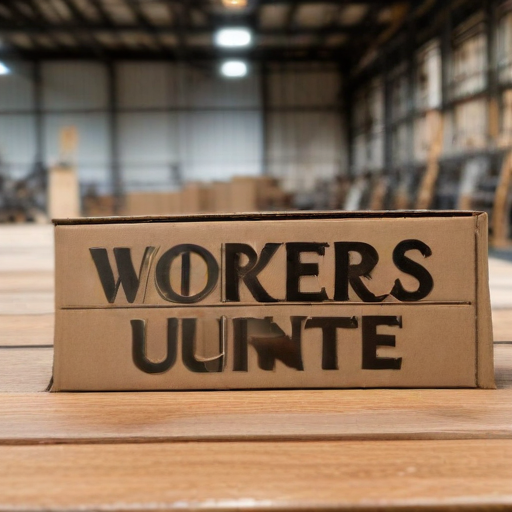The Teamsters union has initiated a strike against Amazon, characterizing it as the largest in the company’s history. The strike commenced early Thursday morning, with workers participating in picket lines across four states, aiming to draw attention to their grievances during the crucial holiday delivery season, just a week before Christmas.
Picketing began at 6 a.m. ET in various locations, including facilities in New York City, Atlanta, Southern California, San Francisco, and Skokie, Illinois, which is near Chicago. The Teamsters have reported that close to 10,000 Amazon workers have aligned with the union, which, while a notable figure, represents only a small portion of Amazon’s workforce of approximately 1.5 million employees.
In a press release, the union accused Amazon of failing to respond to a bargaining deadline set for the previous Sunday. Teamsters General President Sean O’Brien criticized Amazon’s leadership for ignoring their requests, stating, “These greedy executives had every chance to show decency and respect for the people who make their obscene profits possible.” O’Brien suggested that any delays in package deliveries during the holiday season should be attributed to Amazon’s negligence.
Amazon responded vehemently, claiming that the Teamsters’ assertions are misleading. An Amazon spokesperson alleged that the union has attempted to coerce employees into joining, a claim that the Teamsters disputed. The spokesperson highlighted that Amazon provides its employees with competitive wages, health benefits, and growth opportunities, which they believe are the same demands being made by the unions.
Demonstrators have reported varying levels of participation, with around 50 protestors at the City of Industry fulfillment center, with some not being Amazon employees but rather Teamsters members showing their support. Delivery drivers employed by third-party agencies that contract with Amazon expressed frustration over the demanding workloads, with one driver, Alfred Munoz, explaining that the company tightly controls their routes and work expectations.
The strike highlights ongoing tensions between Amazon and its workers, many of whom are advocating for better pay and improved working conditions. Although specifics about their demands were vague, there’s a clear sentiment among the workers that they deserve fair compensation for their labor.
This situation underscores a significant moment for labor relations in the gig economy, particularly as public awareness of workers’ rights continues to grow. By standing up for their demands, workers are not only seeking personal gain but are also part of a broader conversation about labor rights and corporate responsibility in the modern marketplace.
As the strike progresses, it presents an opportunity for positive change within the labor force, potentially leading to more substantial negotiations that could benefit not just Amazon workers, but embolden employees across various sectors to advocate for better working conditions and pay.
